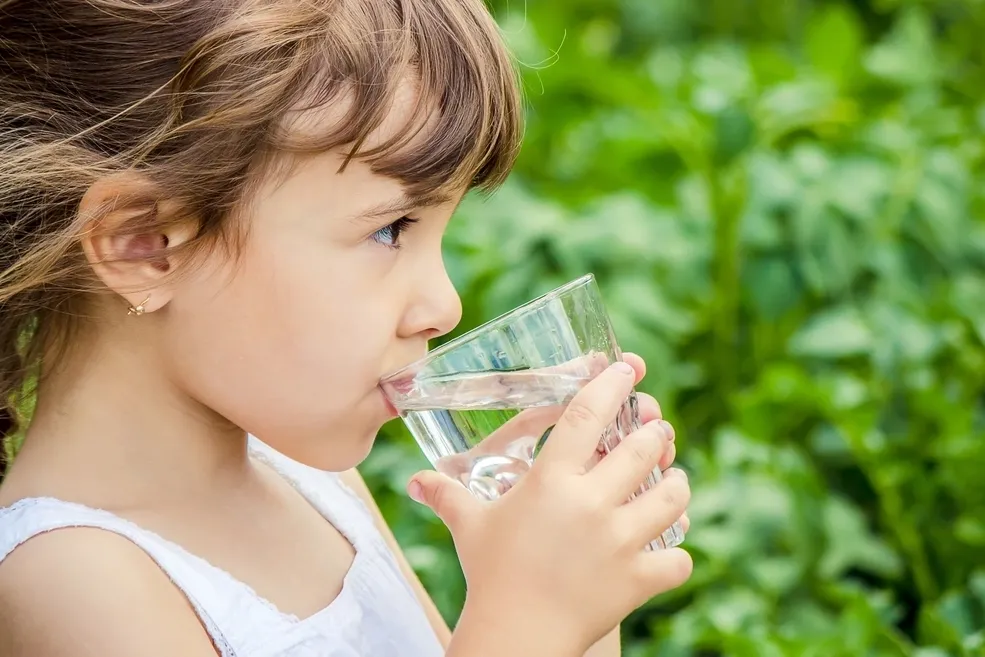How Can I Test My Water?
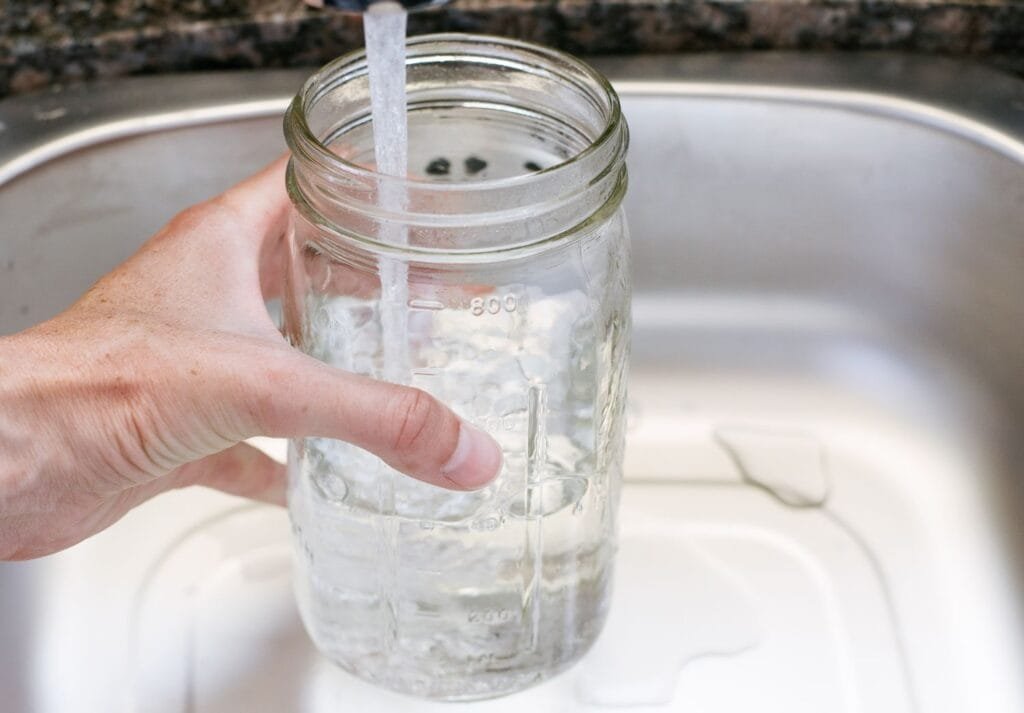
How Can I Test My Water? Discover Easy, Reliable Ways to Ensure Safe Water Quality
Knowing the quality of your water is essential for a healthy home, but how do you go about it? There are various ways to test your water—from DIY home kits to professional testing services—to identify impurities and ensure safety.
Why Test Your Water?
Testing your water regularly can reveal problems that may go unnoticed otherwise. For instance, high levels of iron and other minerals may affect the taste and odor of your water, while contaminants like bacteria, nitrates, or chlorine can lead to health concerns. Testing your water ensures that you are aware of any potential risks and enables you to make informed decisions about water treatment solutions.
According to the Environmental Protection Agency (EPA), water testing is especially crucial for private well owners, as well water is not regulated by municipal authorities. Regular testing gives homeowners confidence that their water is safe to drink and use for cooking, bathing, and other daily activities.
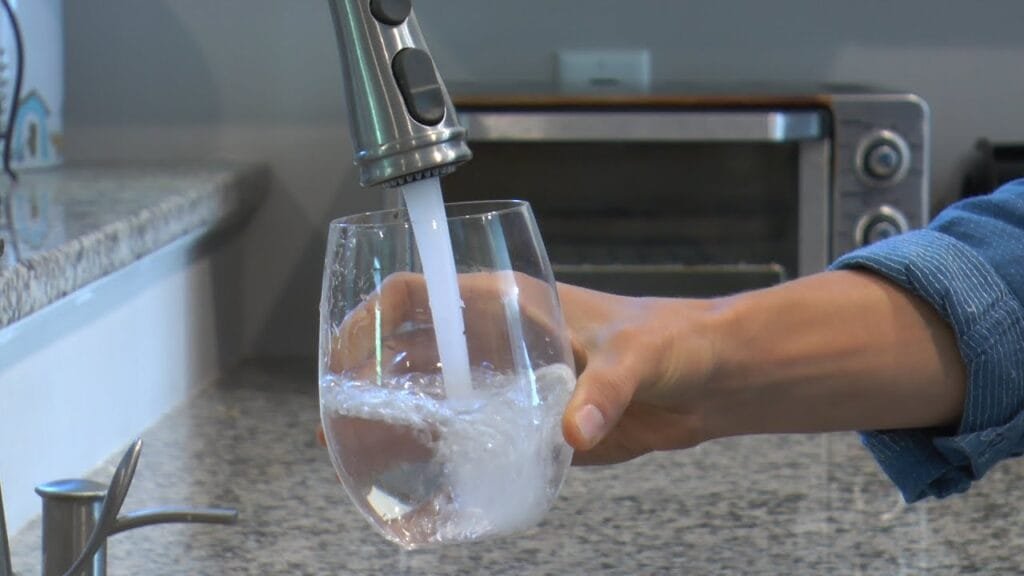
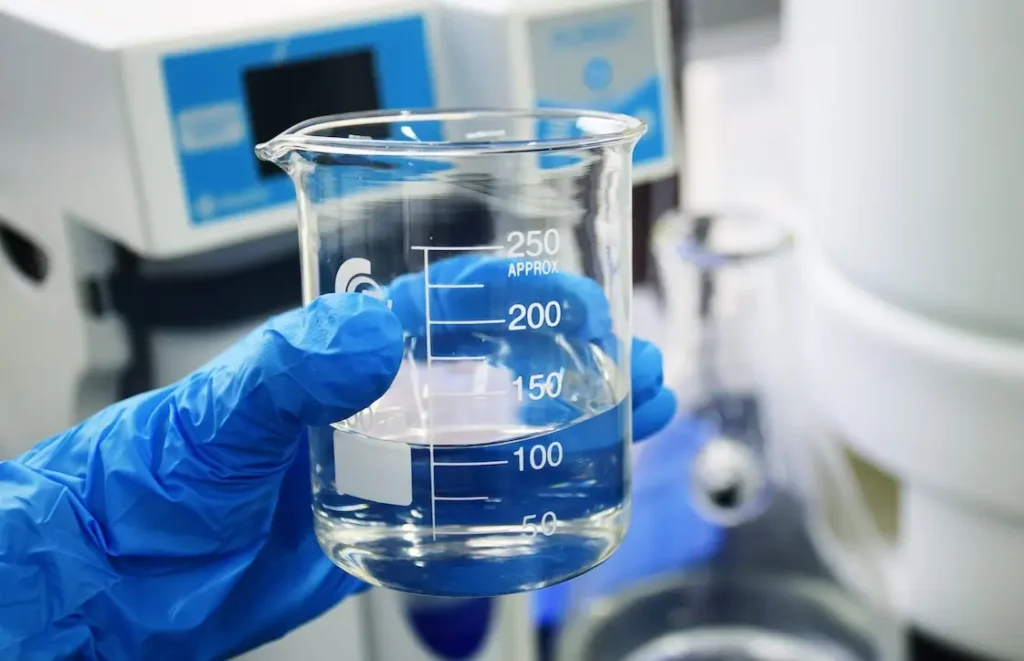
Ways to Test Your Water at Home
DIY Water Testing Kits
Home test kits are widely available and allow you to test your water at home for basic parameters such as pH, hardness, chlorine, and lead. Many kits also test for copper, nitrate, and sulfate levels. These kits are simple to use, offering fast results, and are a cost-effective way to regularly check for common contaminants. However, they may not detect all types of impurities and may lack the accuracy required for a full analysis.Professional Water Testing Services
For a thorough analysis, professional water testing is the best route. Testing services like Ohio Water Testing use certified laboratories to analyze a broader range of contaminants, including bacteria, heavy metals, pesticides, and volatile organic compounds (VOCs). Our in-home testing service involves a water expert visiting your home to conduct the test, explain the results, and provide recommendations for addressing any issues found.
Curious about what’s in your water?
Location & Service Areas
Concord
Painesville
Perry
Ashtabula
Geneva
Madison
Chardon
Middlefield
Burton
Chesterland
Kirtland
Kirtland Hills
Willoughby
Willoughby Hills
Mentor
Mentor On The Lake
Eastlake
Gates Mills
Lyndhurst
Highland Heights
Beechwood
Shaker Heights
Mayfield Heights
Richmond Heights
Cleveland
Cleveland Heights
University Heights
Chagrin Falls
Moreland Hills
Orange
Solon
Twinsburg
Aurora
Bainbridge
Auburn Township
Streetsboro
Ravenna
Hudson
Pepper Pike
Newbury
Hiram
Garretsville
Reminderville
Hunting Valley
Bentlyville
Macedonnia
Peninsula
Richfield
Brecksville
Mantua
Fairlawn
Bath
Copley
Medina
Chippewa Lake
Seville
Hinkley
Brunswick
Valley City
Strongsville
Grafton
Spencer
West Salem
Lagrange
Middleburg Heights
different water testing options
How Often Should You Test Your Water?
The EPA recommends testing well water at least once a year for harmful bacteria, nitrates, and pH levels. In addition to annual testing, you should consider testing if:
- You notice any sudden changes in the taste, smell, or color of your water.
- There has been a flood or other natural disaster in your area.
- There are industrial activities or farming practices near your property that could affect your groundwater.
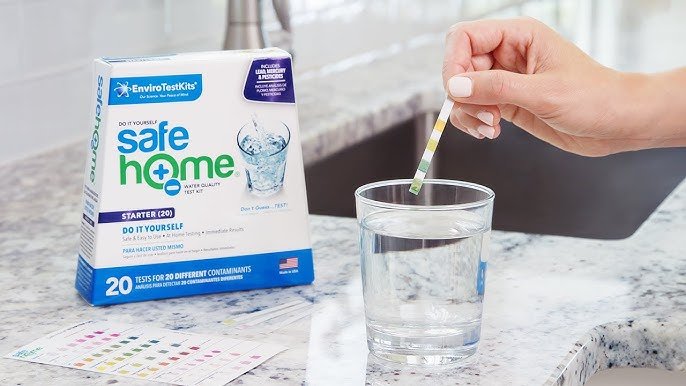
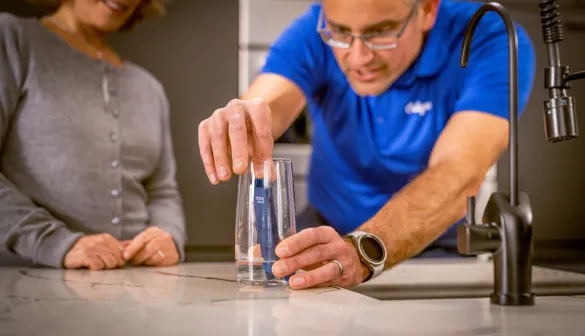
Test Your Water at Home: Which Option is Best?
If you’re looking for an affordable and simple way to test your water, a home test kit is ideal for initial checks, especially if you’re concerned about basic factors like pH, chlorine, and hardness. For a more comprehensive analysis, especially if you rely on well water, professional testing is more reliable and can help pinpoint specific contaminants affecting your water quality. At Ohio Water Testing, we specialize in in-depth testing, helping you maintain safe, healthy water in your home.
Start Your Water Testing Journey Today!
Testing your water can provide peace of mind, ensuring it is safe for your family. Whether you choose to test your water at home with a DIY kit or consult experts for a detailed assessment, prioritizing water quality is essential. Learn more about safe drinking water standards from the EPA.
